On a weekend morning, after his Vietnamese class, Mads Werner, 30, CEO of a technology company in Hanoi, had a coffee date with a Vietnamese friend. Mads said he had experienced "living like a Vietnamese", from the habit of drinking coffee, iced tea on the sidewalk, hanging out on the streets, riding a motorbike,... during his 9 years of living in this land.
Life in Hanoi is "not rushed", the foreign guy gradually blends into every sound of the street, every story of the people around.
Since when, Mads is no longer "a foreigner living in Vietnam". He considers this place as his second home, to bond and share.
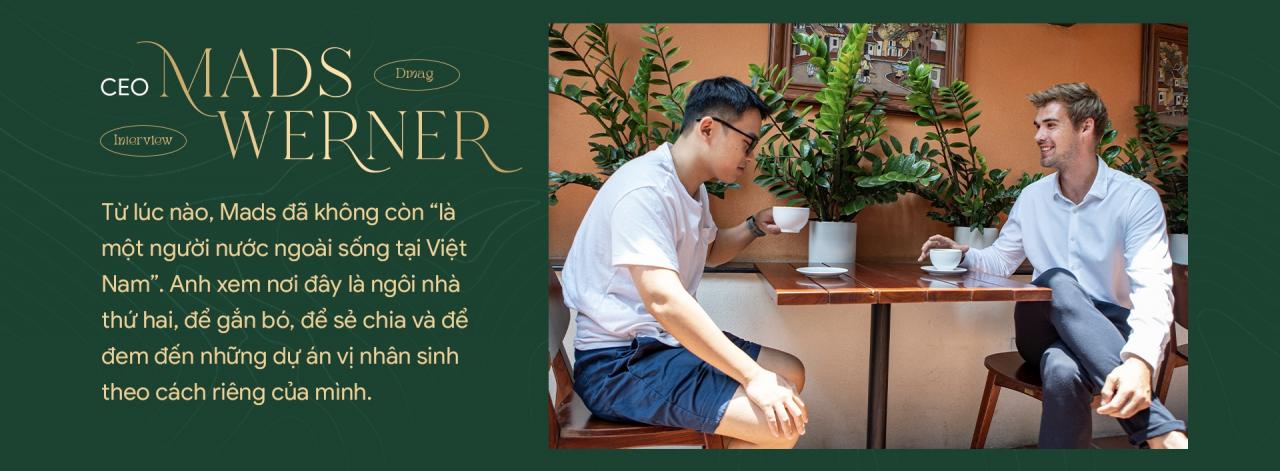

On the company's project website, there is an introduction: "Entrepreneur Mads Werner spent his teenage years in Vietnam, with a great love for the culture and people of the S-shaped land." How did his story with Vietnam begin?
- When I was a child, my father was an expert at a Swedish technology company. Thanks to his job, my family had the opportunity to move around Asia, each country for a few years.
In 2005, I moved to Hanoi to live and study most of my high school years here. It was a very important time in my life, I feel lucky to have beautiful friendships and a colorful childhood.
Living in Hanoi gave me a rare opportunity to immerse myself in the local culture and see many aspects of Vietnam. My mother worked for a charity at the time. Through the trips she took with her, I broadened my knowledge of the lands and people across the country.
When I returned to Denmark to finish high school and go to university, I promised myself that I would come back to Vietnam once a year. And I did. I also often bring my Danish friends to visit Vietnam.
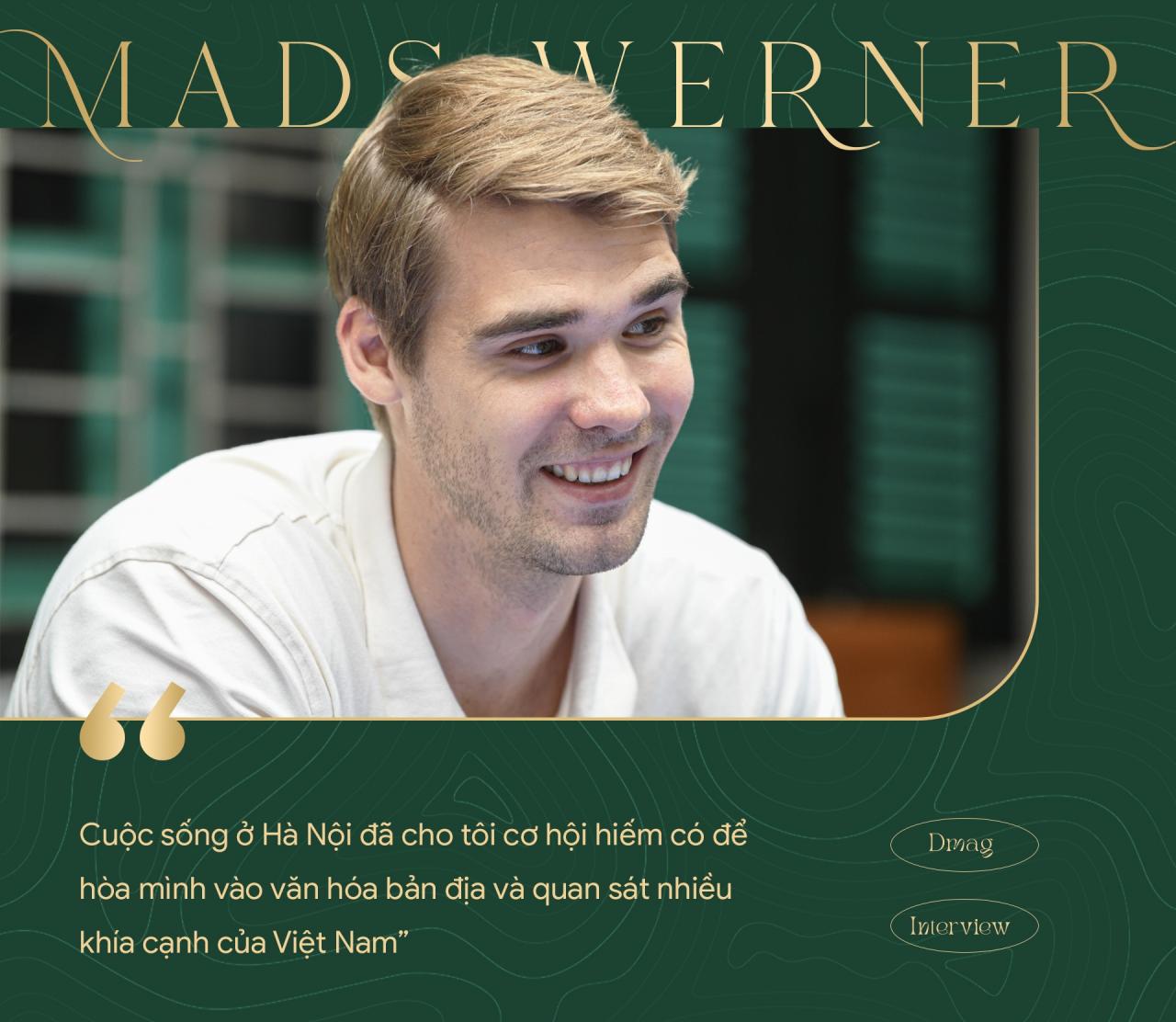
After graduating from university with a degree in business and technology, Mads has worked for technology and digital transformation companies in many different countries. Why did you decide to return to Vietnam to start your own business in 2018?
- In 2018, during a reunion with friends in Hanoi, we came up with an idea - a bold business opportunity. Realizing the potential in developing digital technology in Vietnam, we were determined to pursue it further.
6 weeks later, I made my decision.
Our company will consult and provide digital transformation services to serve the sustainable development goals of partner businesses .
This return to Vietnam shows that the best things in life often happen naturally. As the Vietnamese saying goes: "Heaven's time, earth's advantage, and humanity's harmony."
At that time, I was immersed in the energy of Hanoi and felt the entrepreneurial spirit that permeated the city, opening up endless possibilities.
Having witnessed the remarkable growth and transformation of Vietnam since 2005, I knew I didn’t want to miss the opportunity to build a life here and grow with it. What really attracted me was the hustle, the industrious spirit and the openness that permeates the people here.
I am inspired by living and working in a country where most young people have a side job, or invest or start a business in some way. You certainly don’t see the same thing in Denmark.
Later, people asked me why I returned to Vietnam. I often said that there were many reasons, but one of them was my love for the country, the people and the nature here.
For me, Vietnam is my second home.
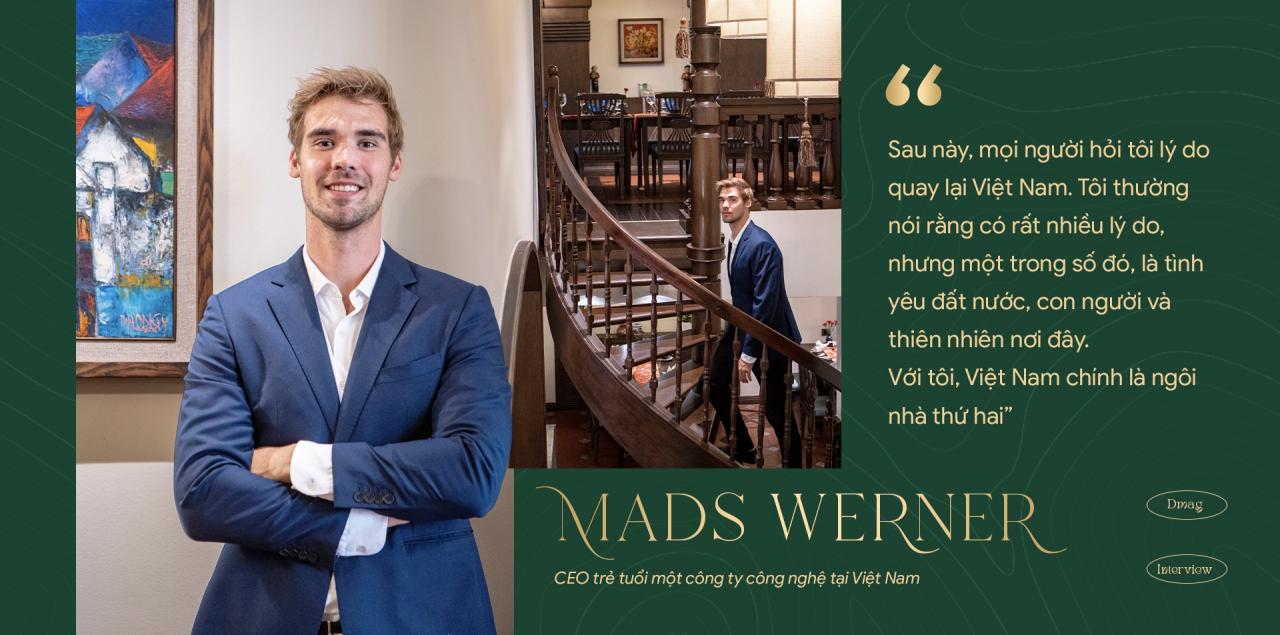

How did Mads assess the economic situation in Vietnam at that time? What economic potential and opportunities did he see for himself when starting a technology startup?
- I think Vietnam, with its open economy, foreign investment flows and strong export capacity, will continue to attract much attention.
In that bright economic context, I highly appreciate the fact that Vietnam considers green transformation and digital transformation as strategic development orientations, because this is an inevitable trend.
For example, more and more domestic businesses are committing to long-term "ESG" strategies (Environmental Social Governance - a set of standards measuring factors related to sustainability).
Meanwhile, global companies entering the Vietnamese market are also willing to share valuable experiences and lessons learned over many years, thereby promoting sustainability across the Vietnamese economy.
Human resources are also an important resource for sustainable development. The Vietnamese government is increasingly focusing on improving employee welfare and digitalization, which opens up many opportunities for innovation and growth. This is an advantage for us when choosing to start a technology business and cooperate with partner companies that share the same vision.
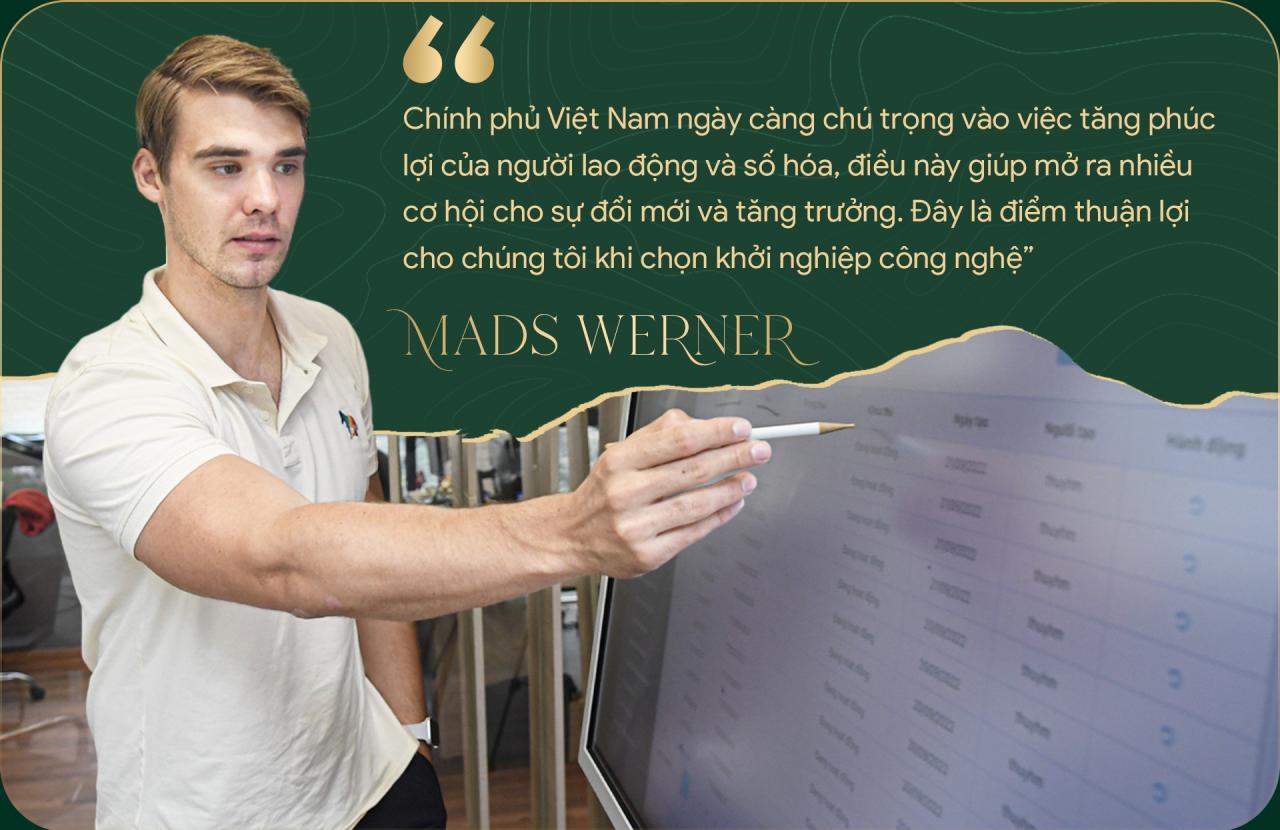
What are the difficulties and challenges of starting a business in Vietnam? How did you find ways to solve these "difficult problems"?
- I think it's not easy to distinguish between the difficulties and challenges of starting a business in Vietnam compared to Denmark or any other country.
Vietnam's history, lifestyle, culture and language are so rich and unique. And to truly thrive here, you have to learn to adapt - that's exactly what I did!
Once you adapt to the environment here, you will be more respected and have new opportunities. In addition, the legal and regulatory framework in Vietnam is relatively open and easy to understand, even for foreigners.
Many people say that the prerequisite is to have a Vietnamese partner to be able to establish a company. However, I have seen many friends who came to Vietnam without a Vietnamese partner still able to establish a company on their own.
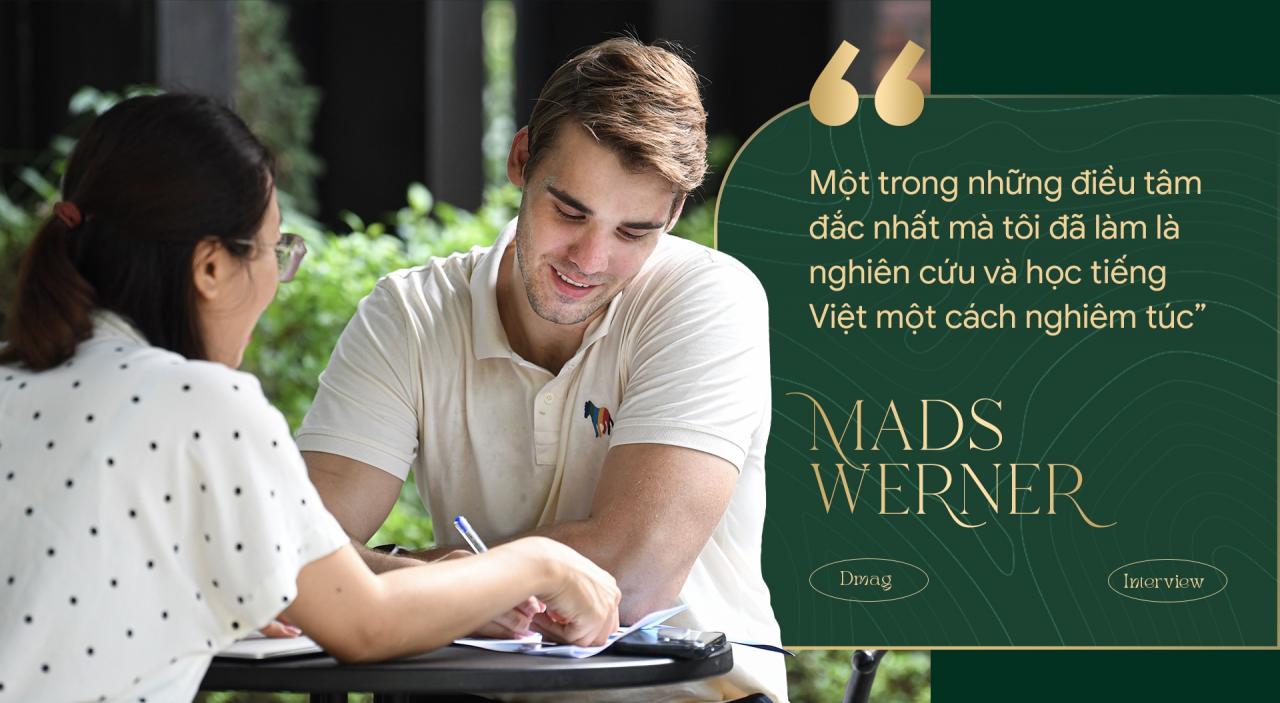
To integrate into the working environment and human resources in Vietnam, Mads said he "lived like a Vietnamese"?
- Most of my friends, colleagues and partners are Vietnamese, so I guess over time I have adapted and become more and more "Vietnamese".
There is so much to learn about Vietnamese culture, language and history. Every week they teach me something new, especially about forms of address, metaphors and regional customs!
One of the most rewarding things I have done is to study and learn Vietnamese seriously. In the company, I am the only foreigner. All the staff communicate with me in English, but they talk to each other in Vietnamese.
The best way to fully understand is through language. After some effort, I was able to understand what Vietnamese people were saying, although Vietnamese pronunciation was still a challenge for me.
In addition to learning Vietnamese, I try to create a working environment where everyone loves their job and feels happy every time they come to the company. I believe that when my employees are happy, they can create a good product for users.
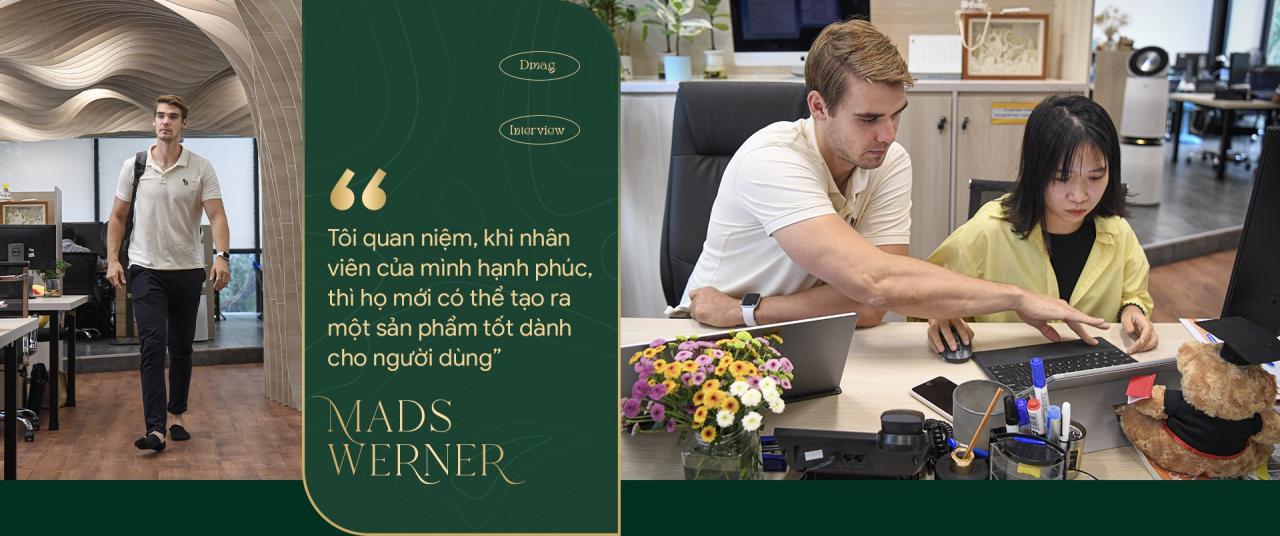
I’ve always tried to create a company that is open and collaborative. I started by sitting with my colleagues instead of using a cubicle. I always “open the door,” both literally and figuratively, so that employees can come to me at any time.
People are encouraged to work according to their abilities, be flexible and proactive in suggesting creative solutions, and finding the best way to solve problems.
Also, the food here is amazing. It sounds weird but in a way I connect more with the culture through food.
I live in Hanoi, where you can find some of the most typical and delicious Vietnamese dishes, such as pho, bun cha,…


What is your perspective on startups and business?
- In my company with more than 50 technology experts, we share a common keyword "Agile", which means "flexible, adaptive", because it is very important in the context of a fast-paced and changing market every day.
If people know how to adapt flexibly, sensitively and open to new ideas and new opportunities, they will contribute more. That is our business philosophy.
At present, we are focusing resources on implementing technology support projects for workers and disadvantaged people.
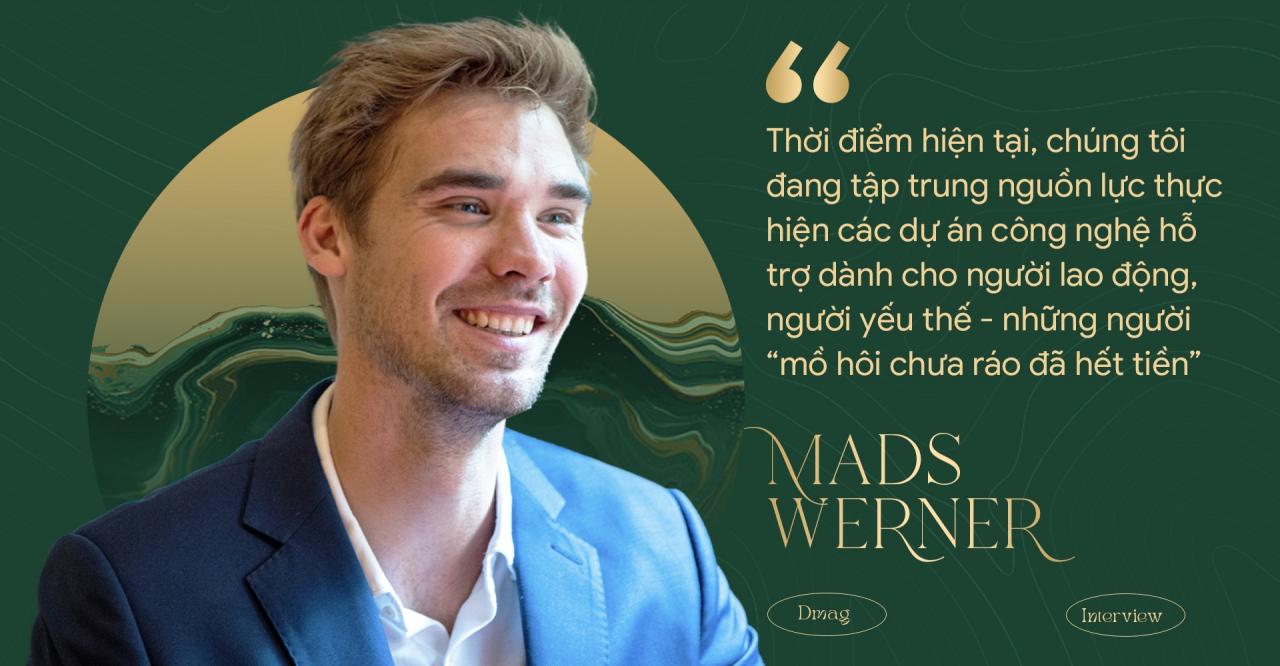
To carry out projects in Vietnam, how did you "delve" into the life and culture of the people here?
- I am lucky to have found my passion by living and building a meaningful career in Vietnam. What could be more wonderful than what I create bringing positive values to the people around me?
You could say that passion helps me prioritize effectively and maintain a hunger to learn new things.
At the company, we are venturing into uncharted territory, creating a new niche in the market. This requires a thorough understanding of market dynamics and most importantly, the users.
Realizing the importance of this, I believe that a deep understanding of the Vietnamese lifestyle and culture is the key to success. It is through this understanding that we can truly bring something that has impact and resonates with the community.
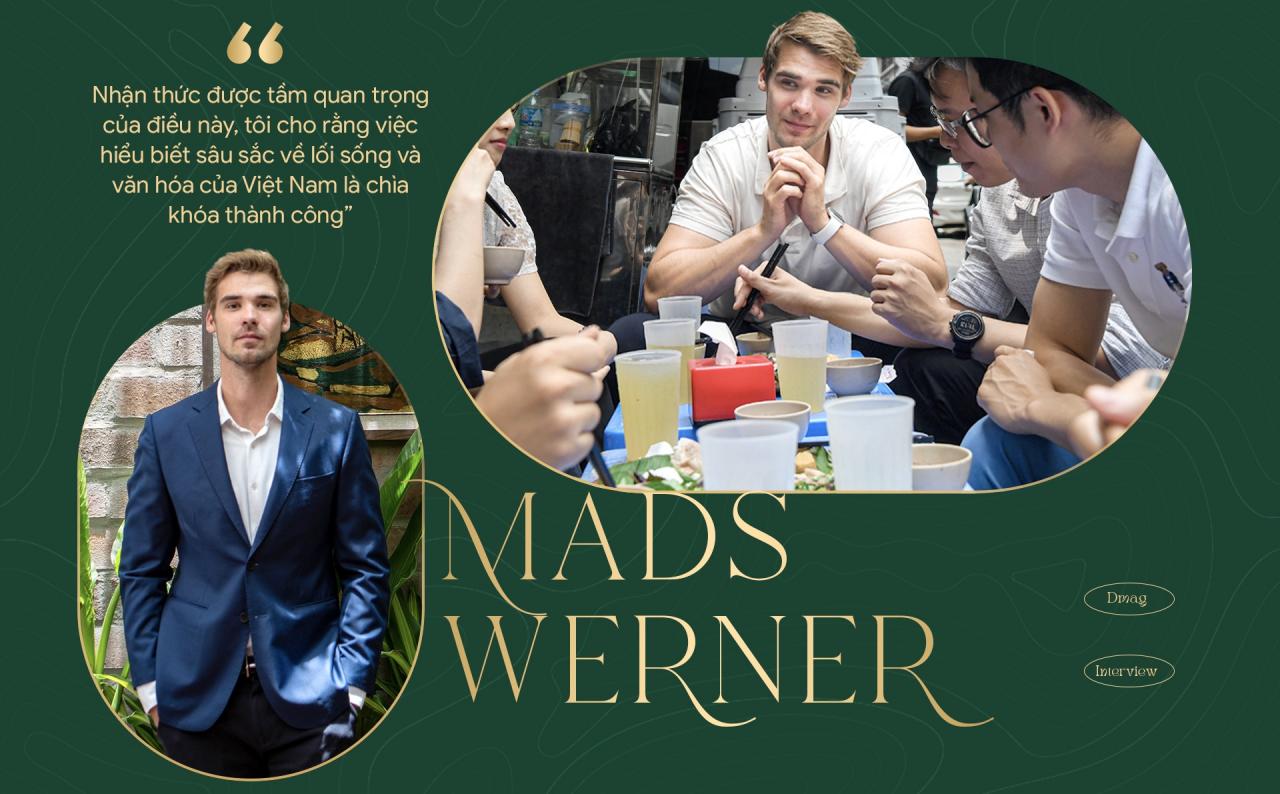
What are your future projects and expectations for Vietnam?
- Currently, I am a member of Nordcham (The Nordic Business Association). I regularly participate in sharing experiences in investing and operating companies in Vietnam, helping to connect businesses in Northern Europe with Vietnamese partners.
I am very optimistic about the prospects for sustainable economic development and quality of life in Vietnam, because that will be the "explosive" foundation for the technology sector in the future.
Vietnam has changed a lot since the first time I came here, however, even with all those changes, my feelings for Vietnam have only grown stronger. I hope my Vietnam story will continue with many beautiful memories in life and success in my career with my colleagues.
Thanks Mads Werner for the interesting chat!
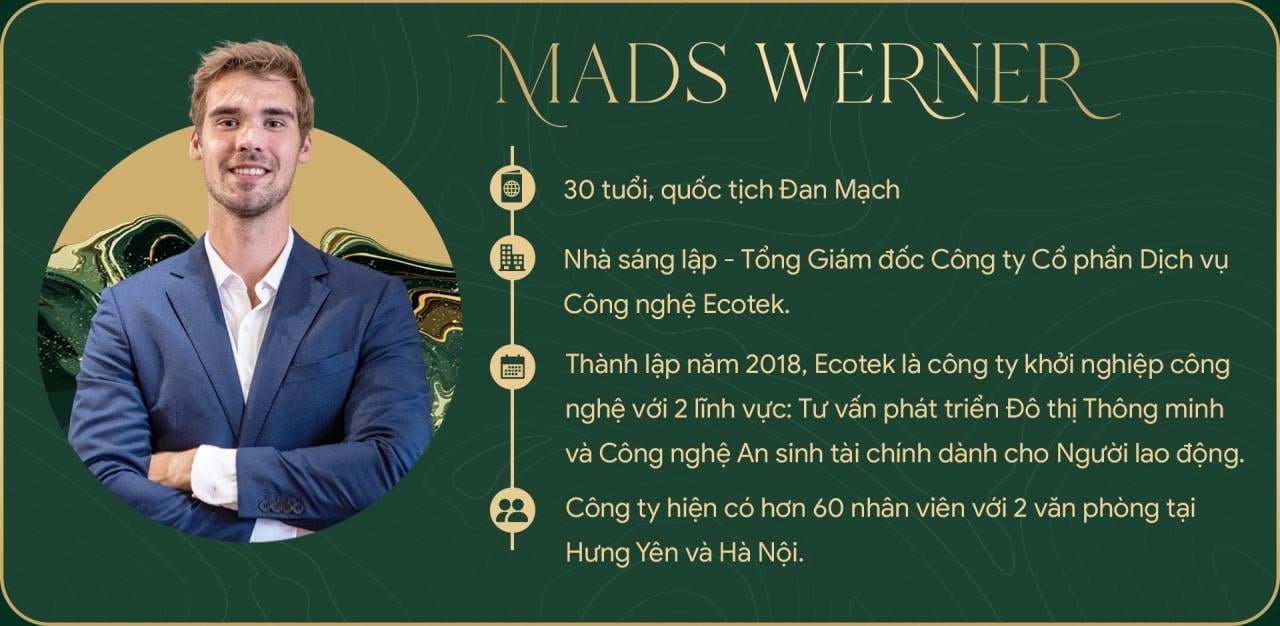
Editor's note: Regardless of skin color, language, or nationality, many foreigners living and working in Vietnam over the years have attached themselves to and loved this land as their own homeland.
With sincere hearts, they contribute and dedicate to Vietnam in many fields, from economy, culture, cuisine, to tourism, education, and environment.
More than anyone else, they are foreign "ambassadors" who tell the most authentic story about Vietnam to international friends.
Dan Tri e-newspaper respectfully introduces to readers a series of articles titled "Foreign Ambassadors" , introducing international friends who silently inspire beautiful living amidst the flow of modern life.
Content: Minh Nhan
Translated by: Nguyen Thanh Tam
Photo: Minh Nhan, Manh Quan
Design: Thuy Tien
June 26, 2023
Dantri.com.vn


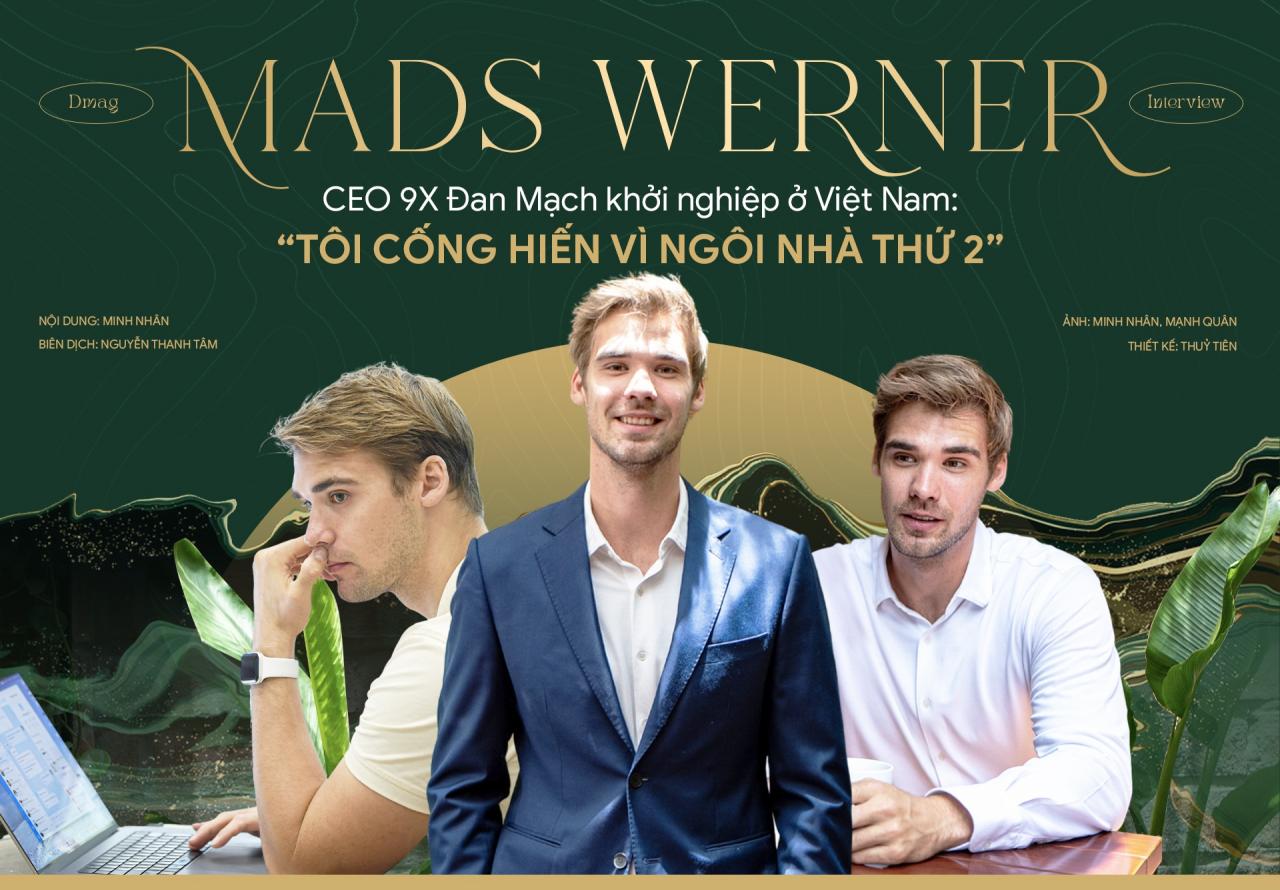




![[Photo] Prime Minister Pham Minh Chinh chairs meeting to remove difficulties for projects](https://vstatic.vietnam.vn/vietnam/resource/IMAGE/2025/3/30/7d354a396d4e4699adc2ccc0d44fbd4f)
![[Photo] Ministry of Defense sees off relief forces to the airport to Myanmar for mission](https://vstatic.vietnam.vn/vietnam/resource/IMAGE/2025/3/30/245629fab9d644fd909ecd67f1749123)

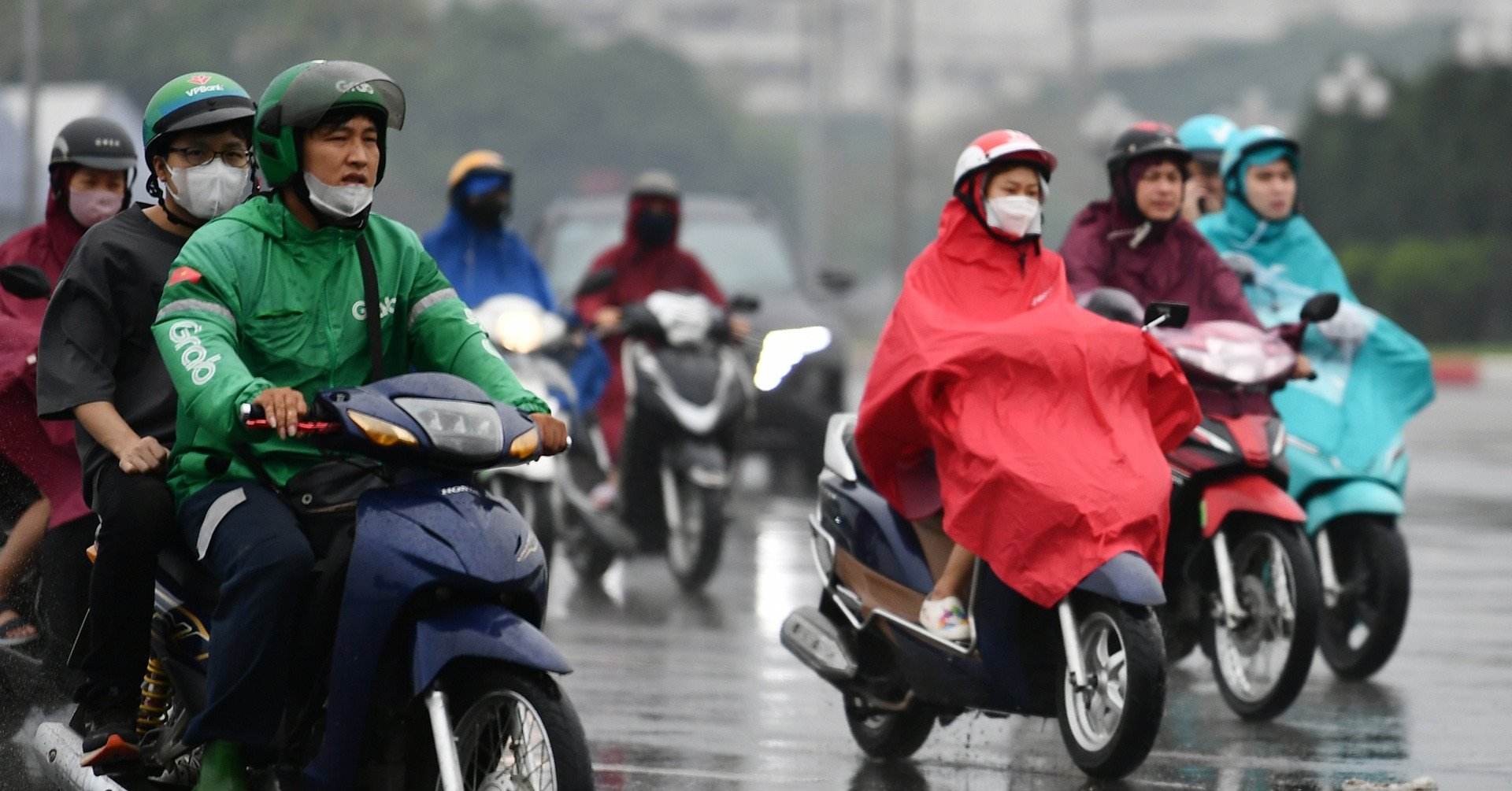
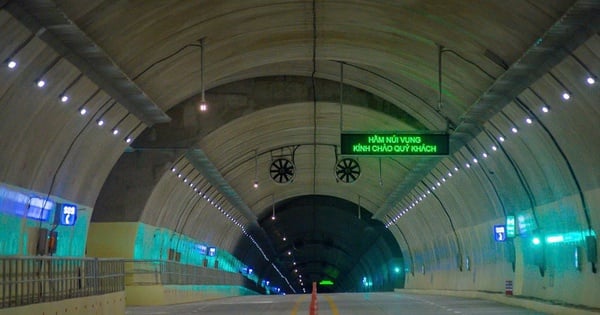
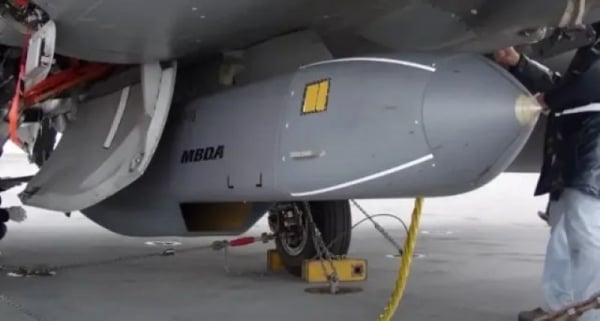
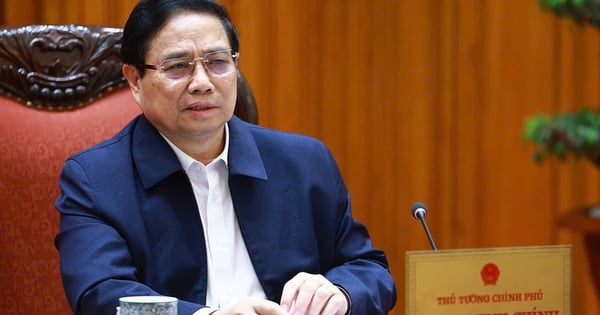



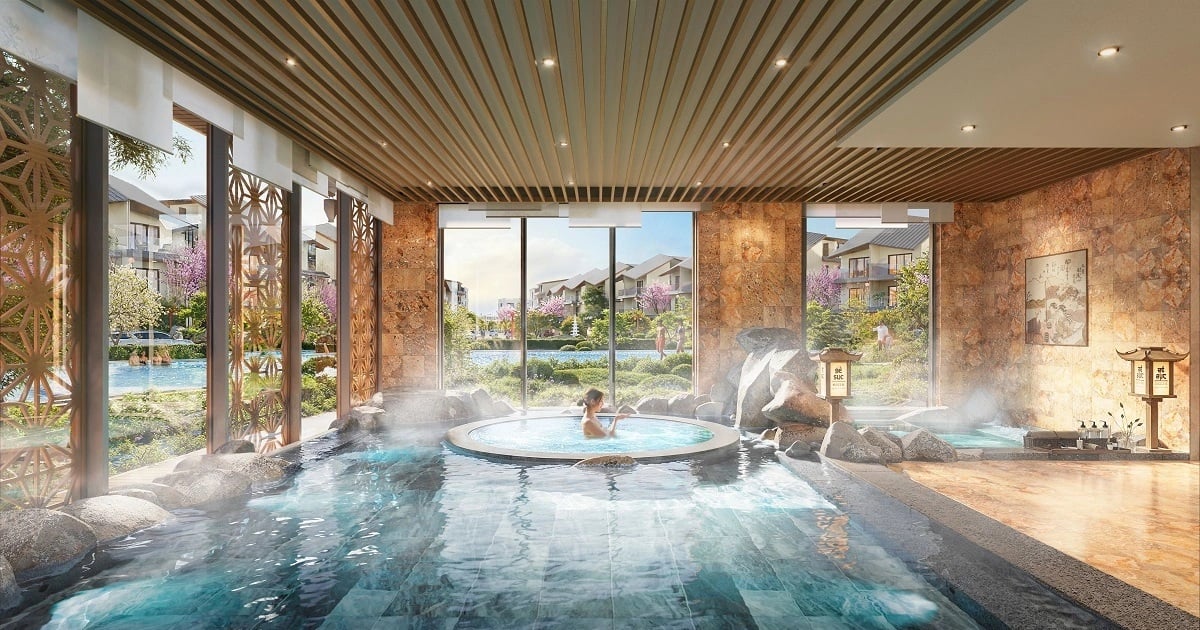



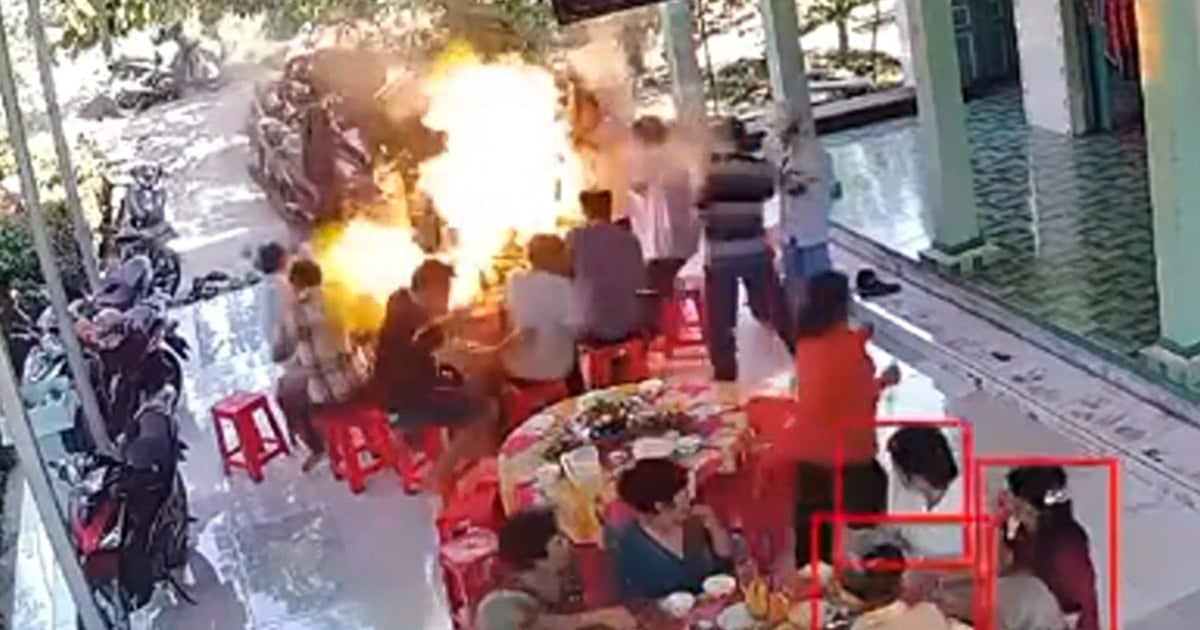
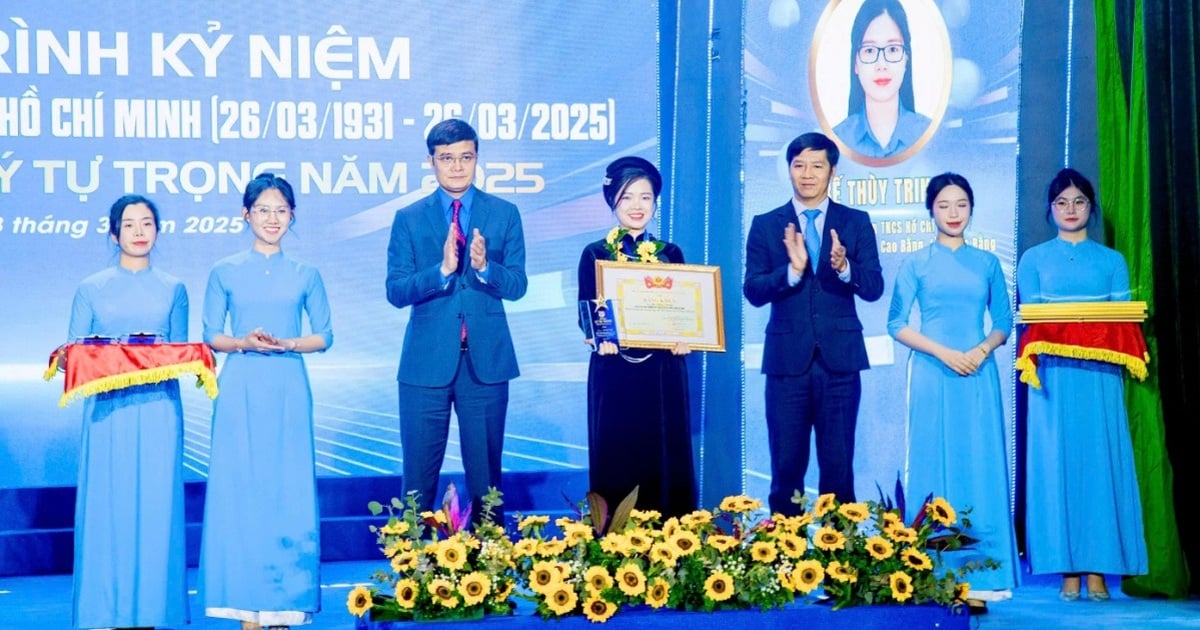

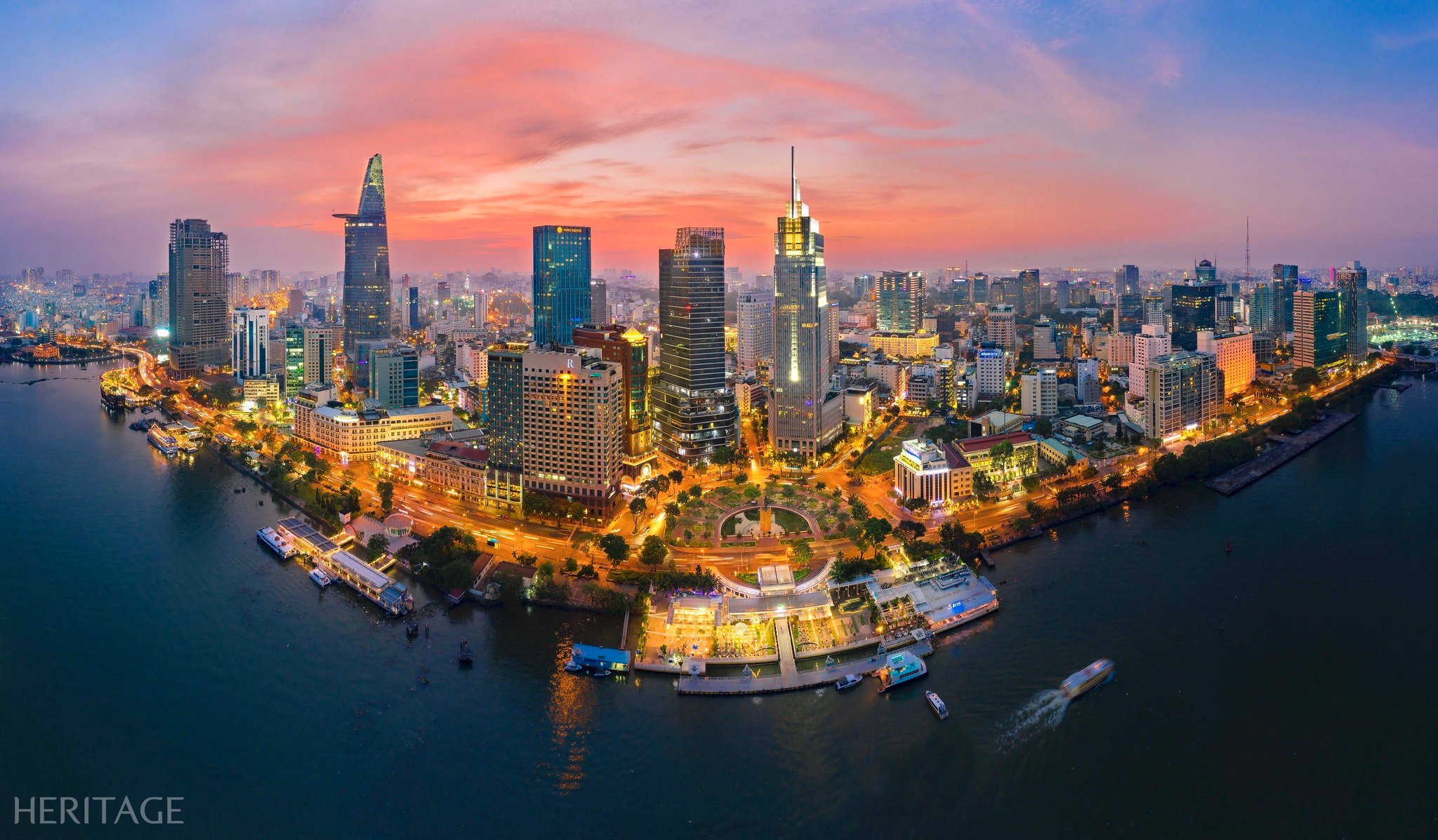
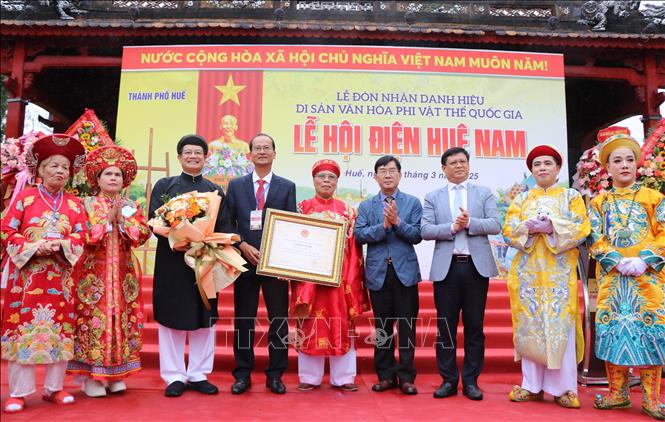

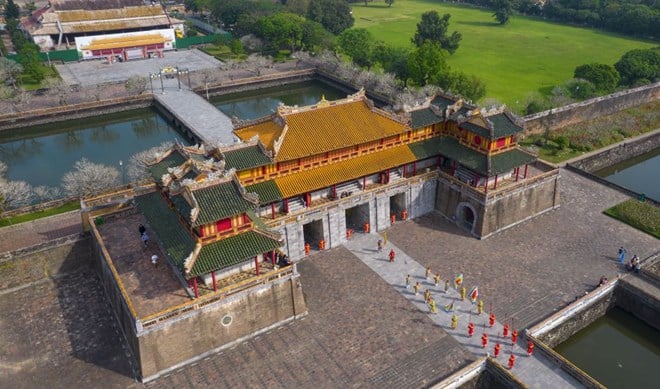

















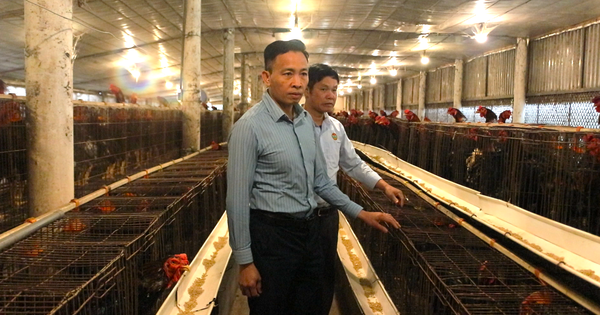









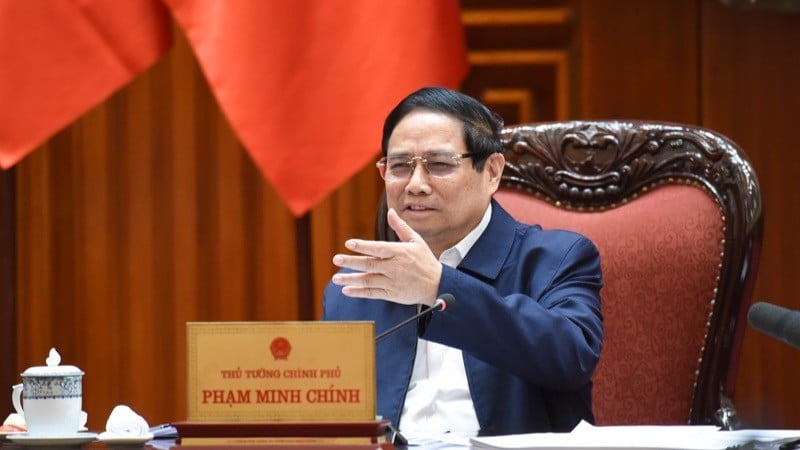

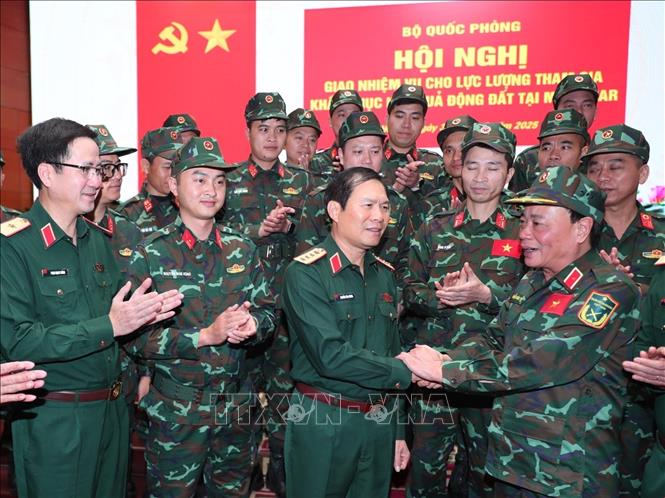
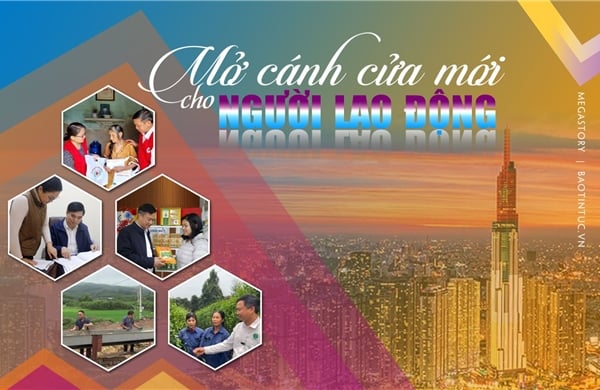
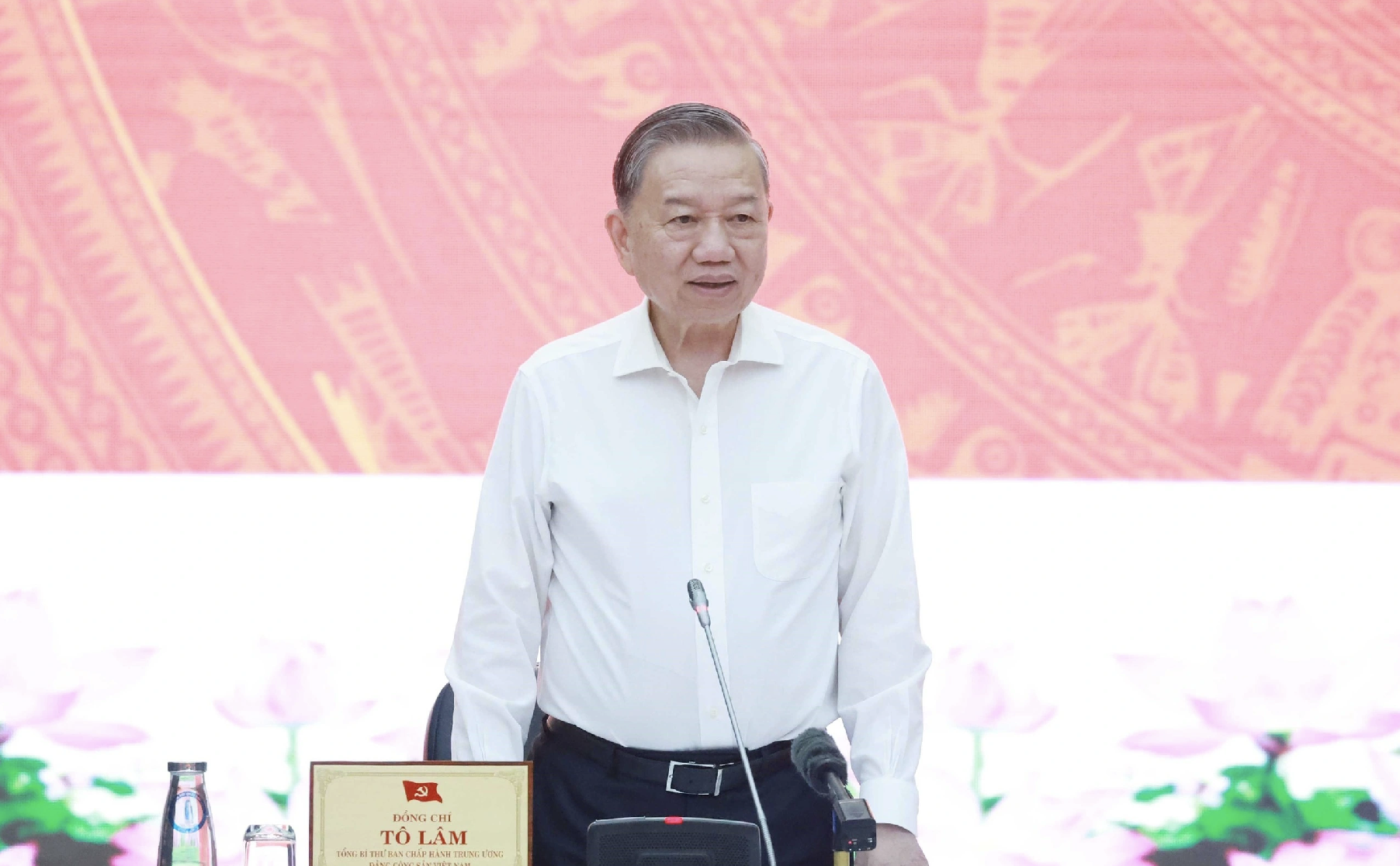

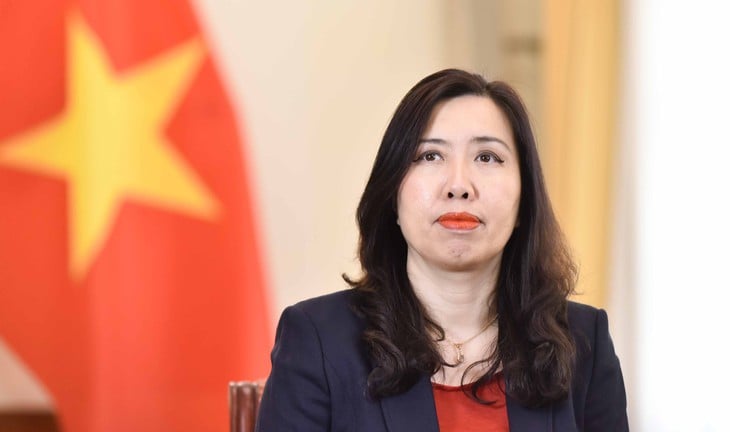



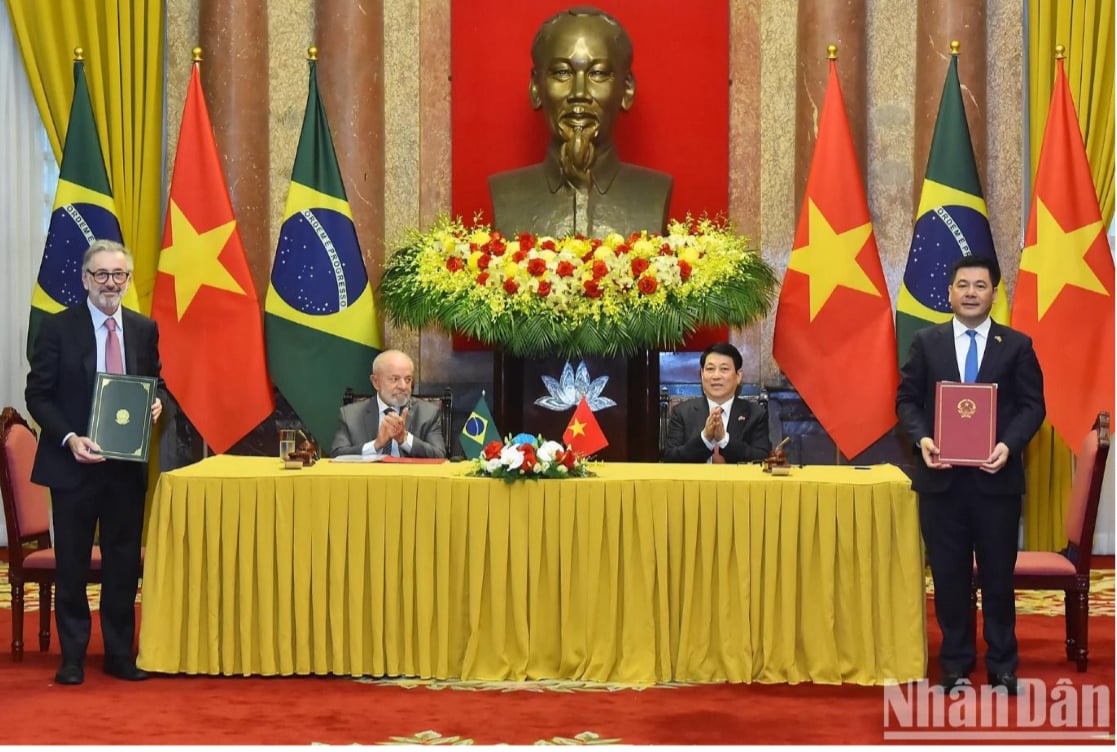

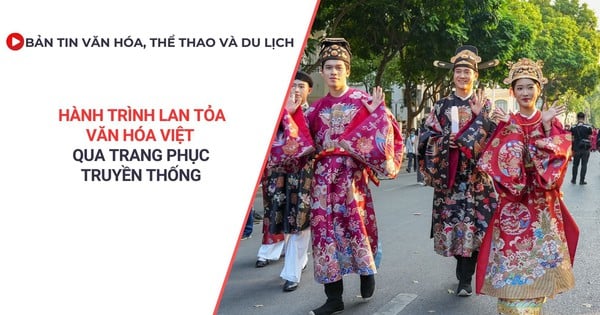

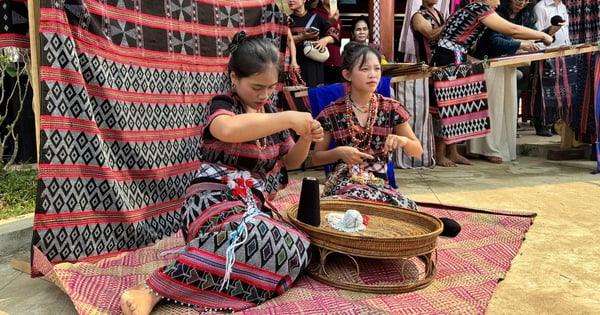
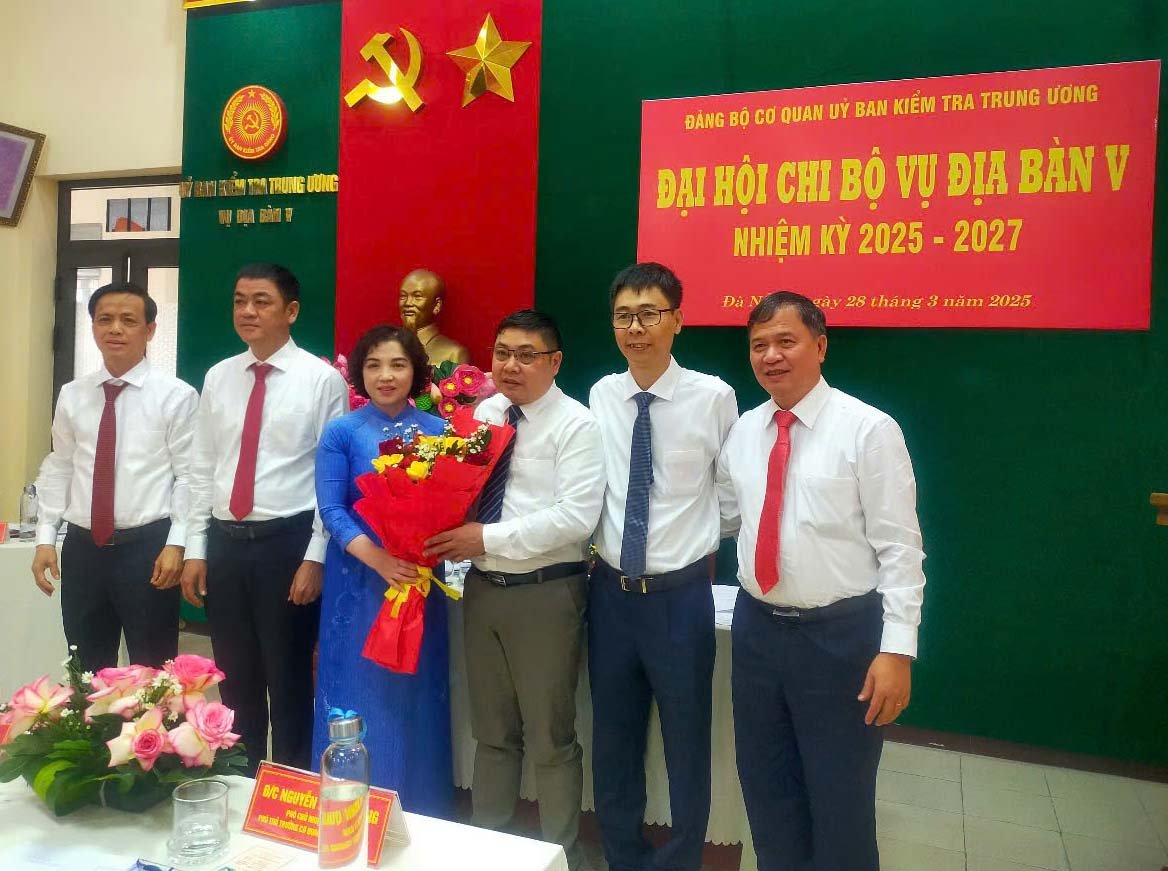

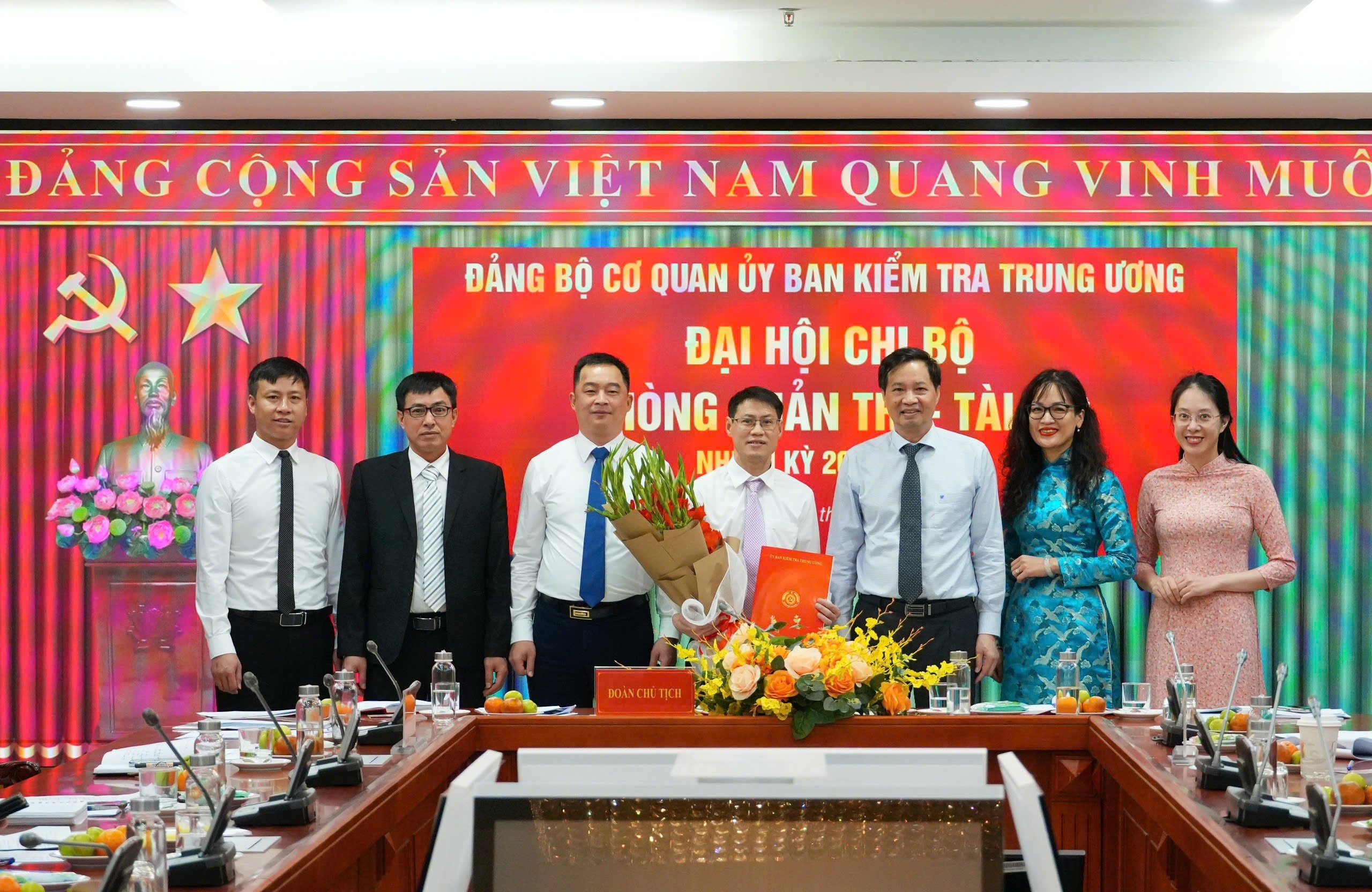
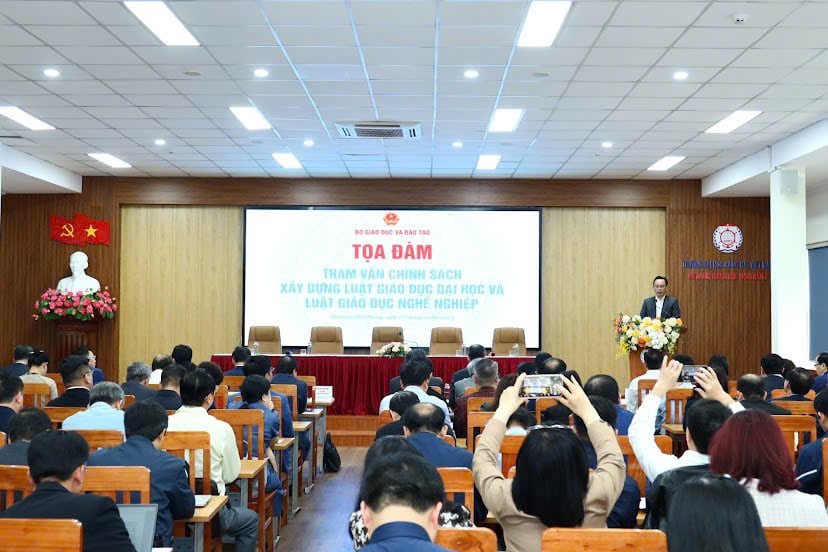



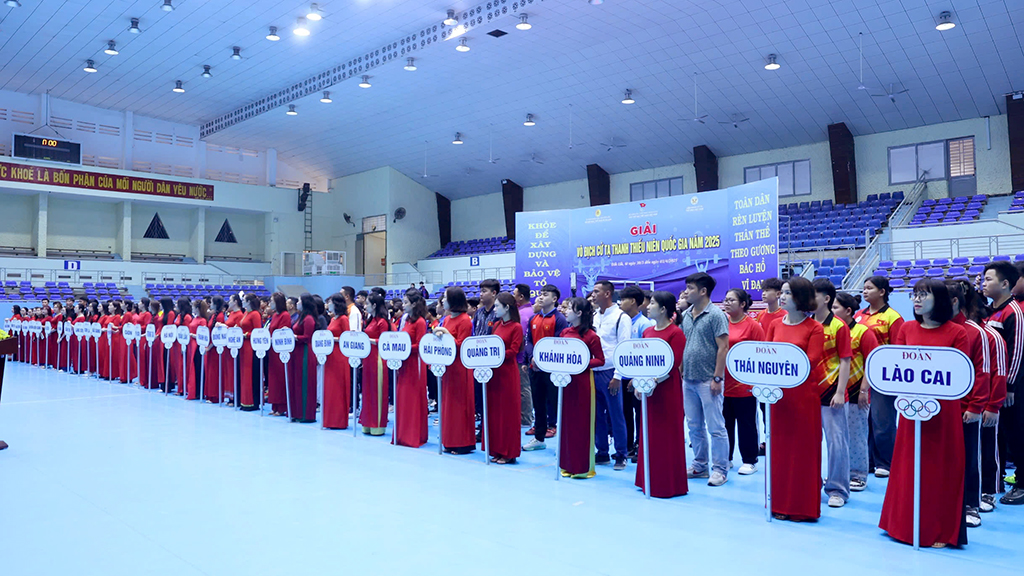


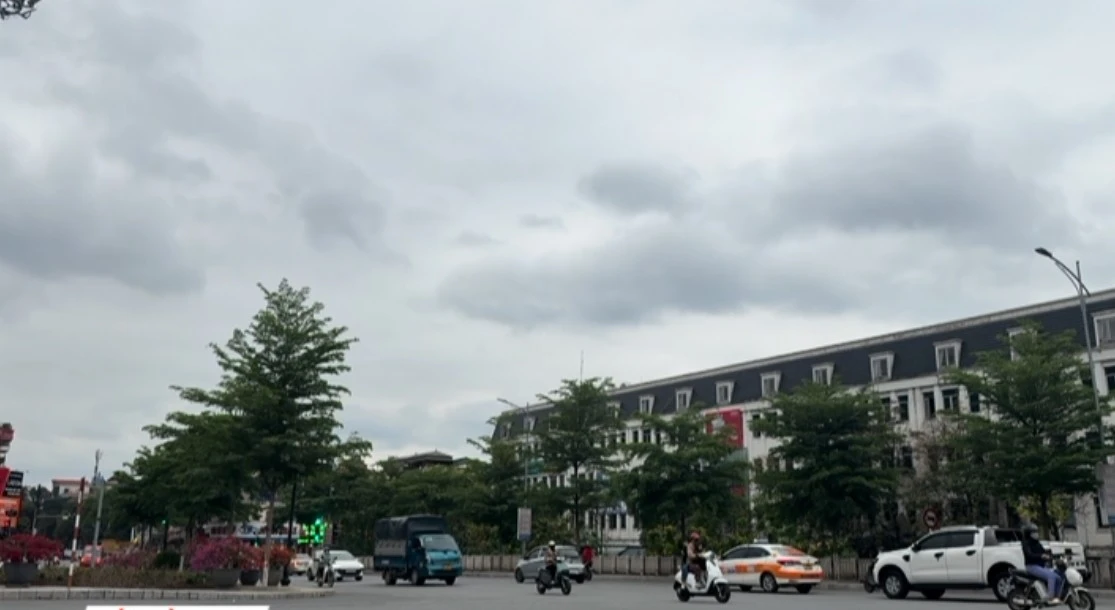

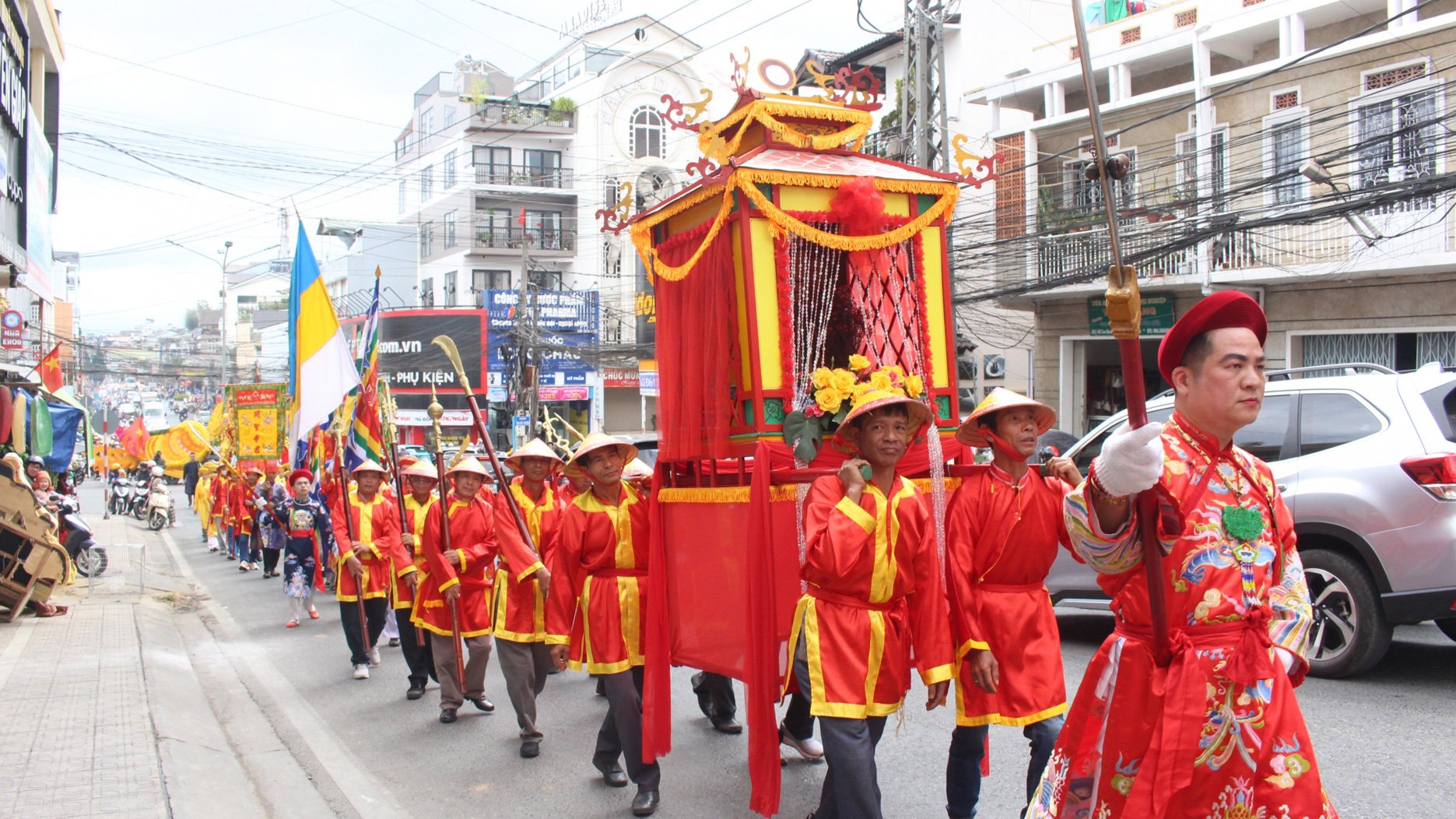

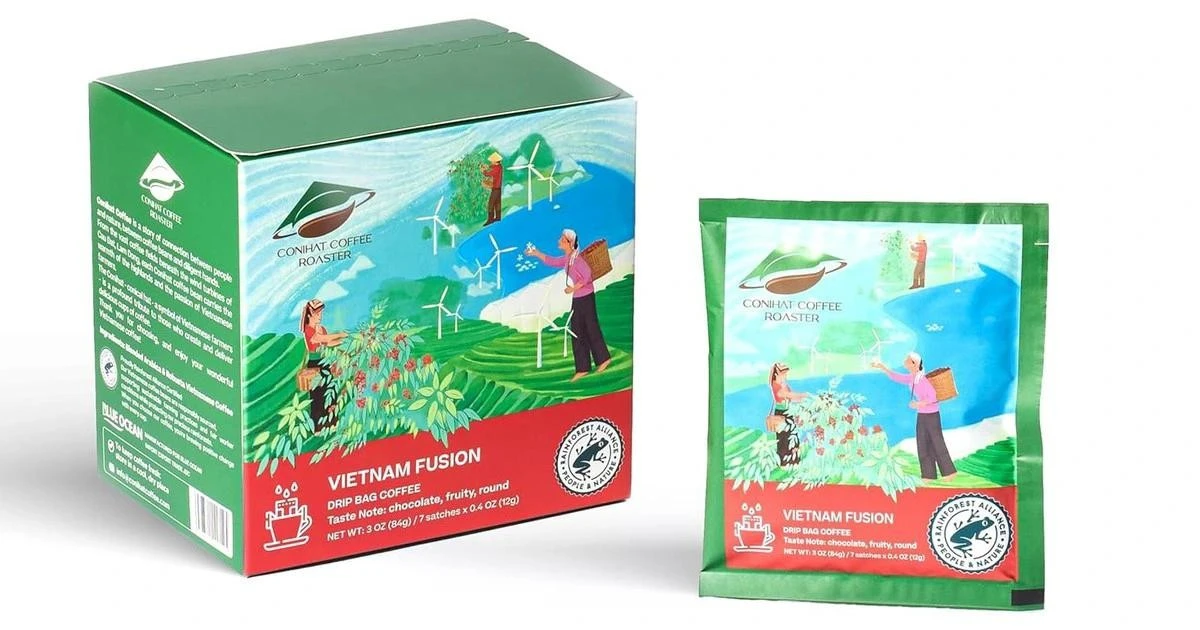



![[REVIEW OCOP] An Lanh Huong Vet Yen Cat](https://vstatic.vietnam.vn/vietnam/resource/IMAGE/2025/3/27/c25032328e9a47be9991d5be7c0cad8c)






Comment (0)